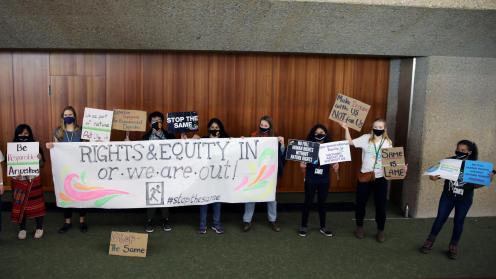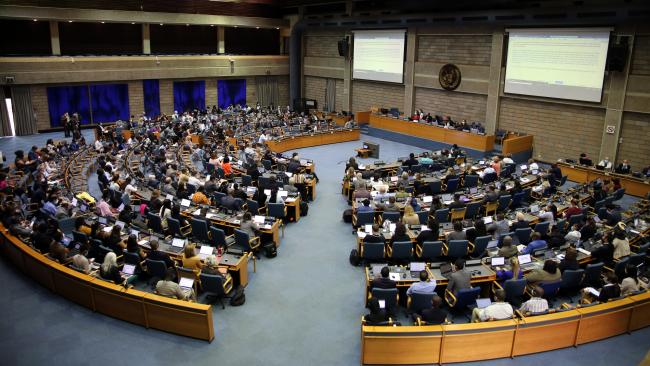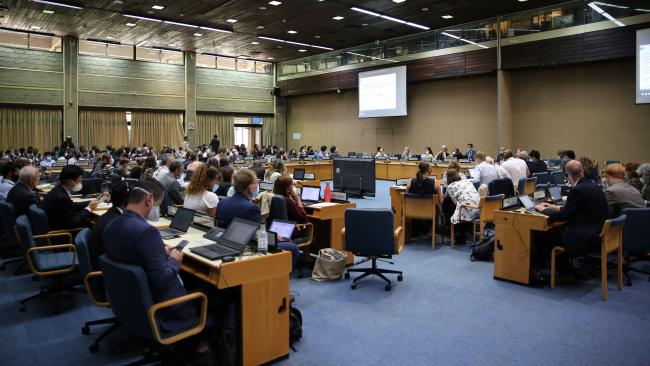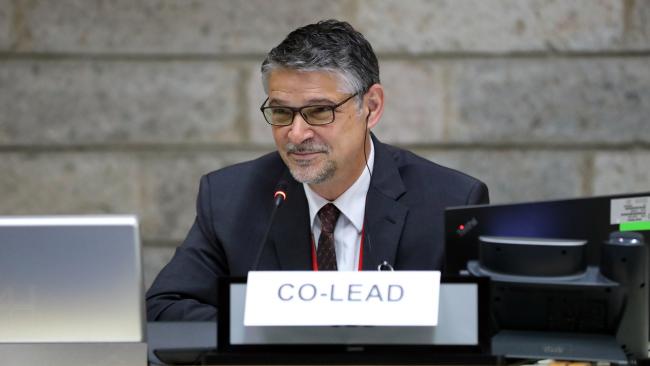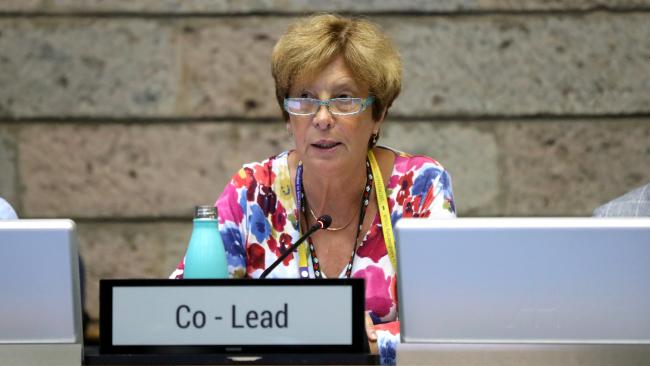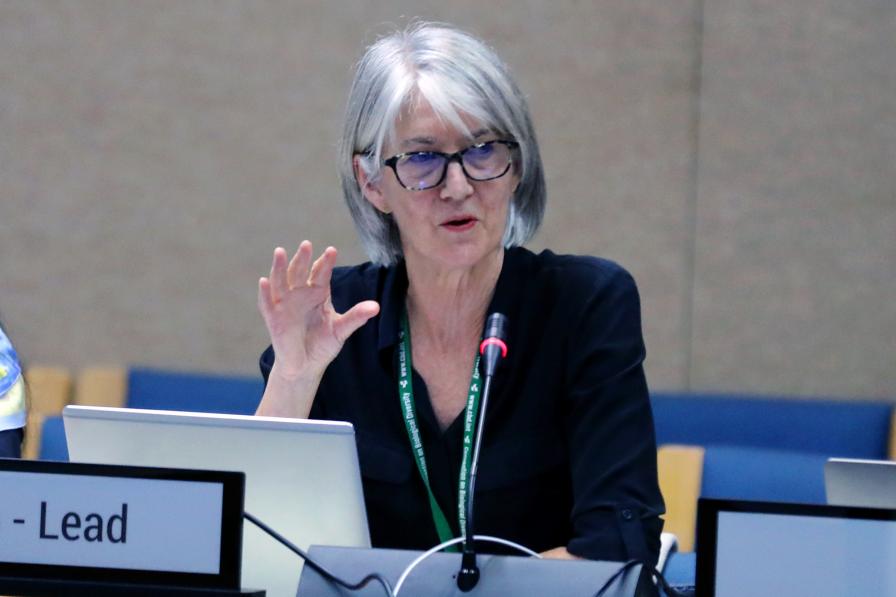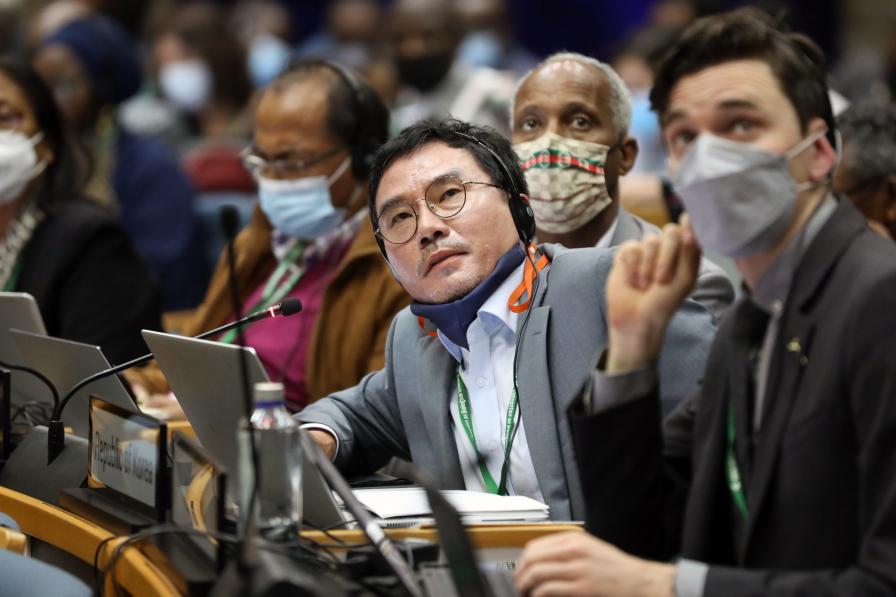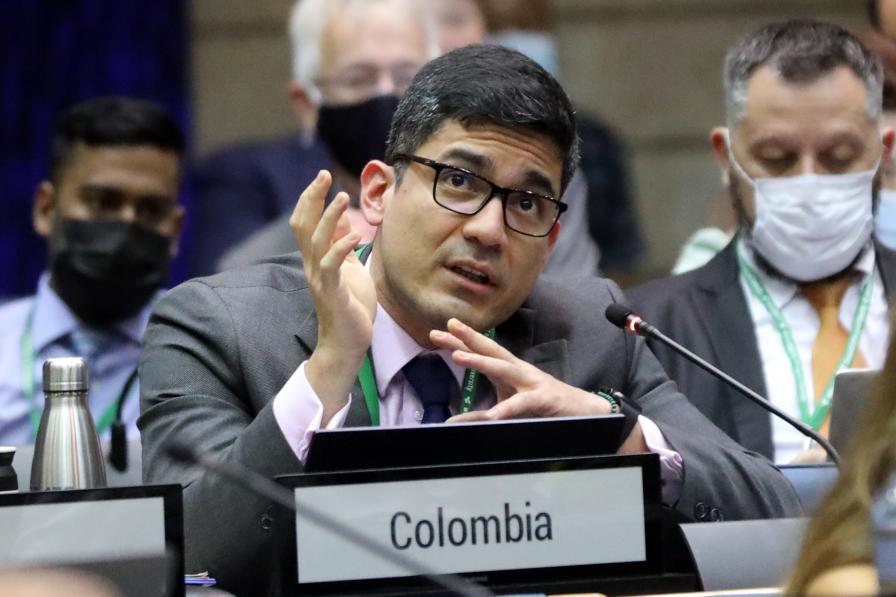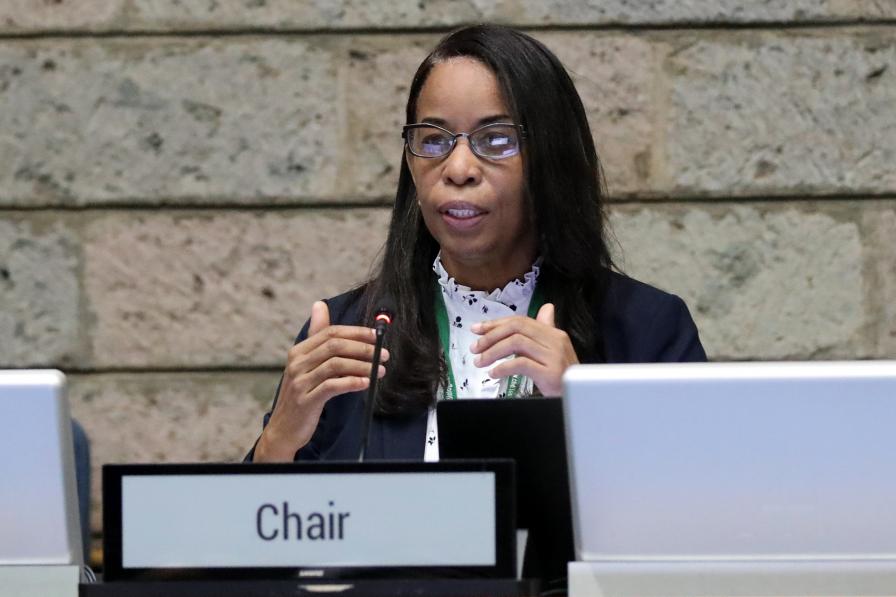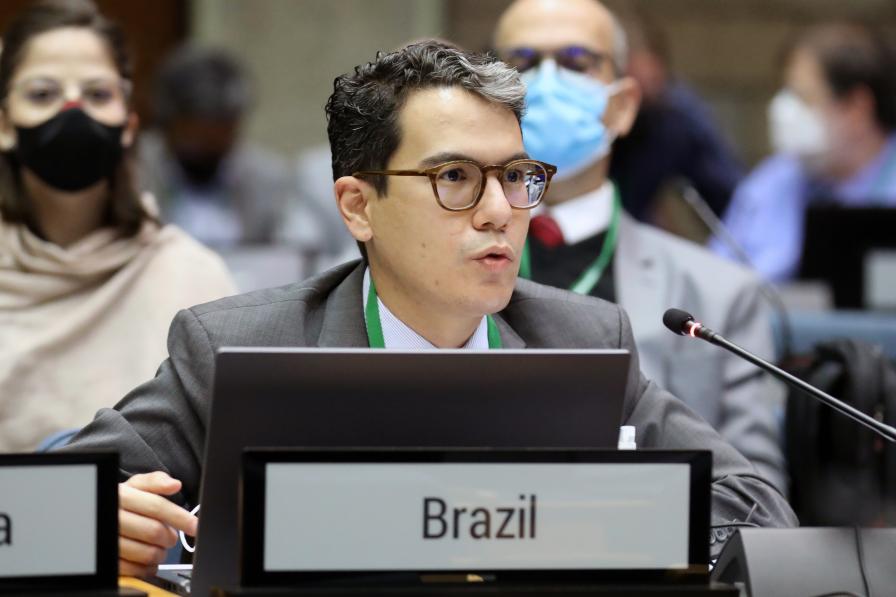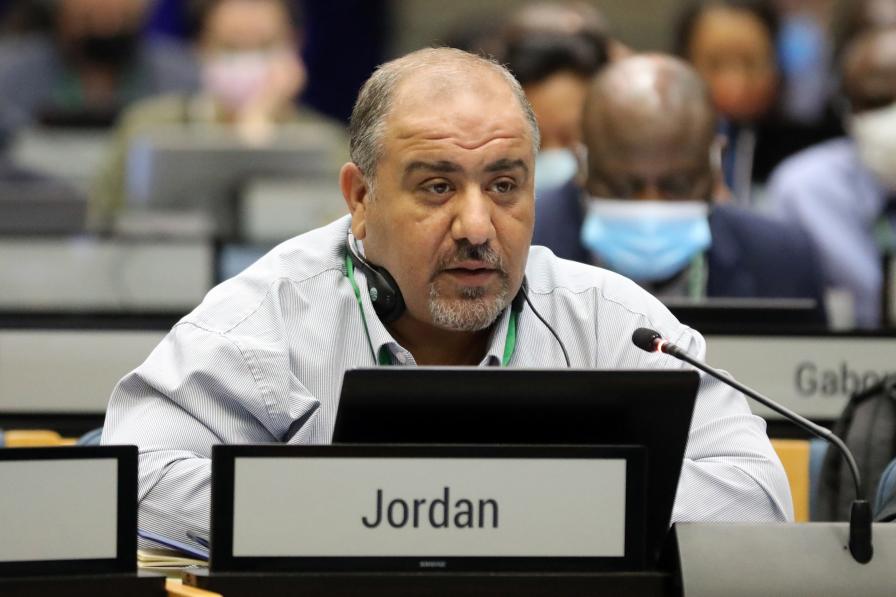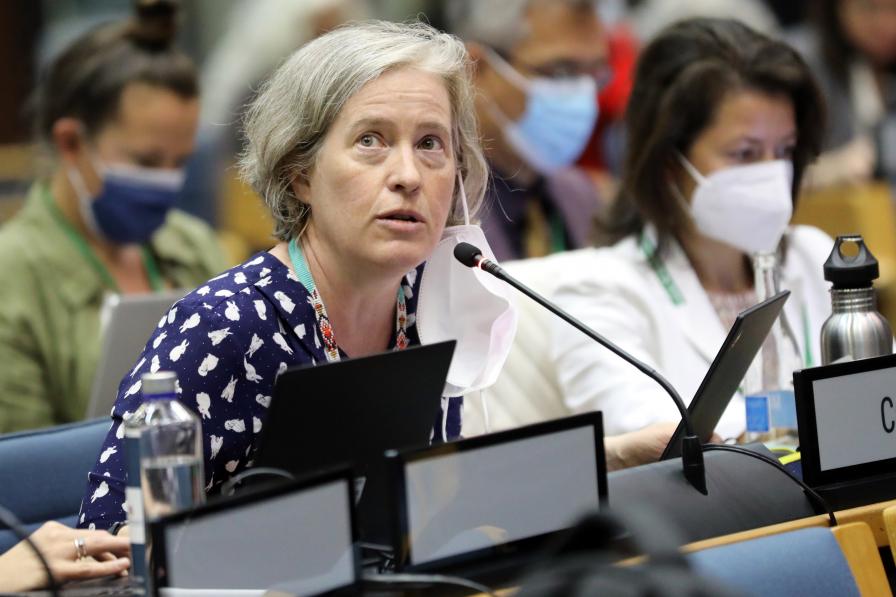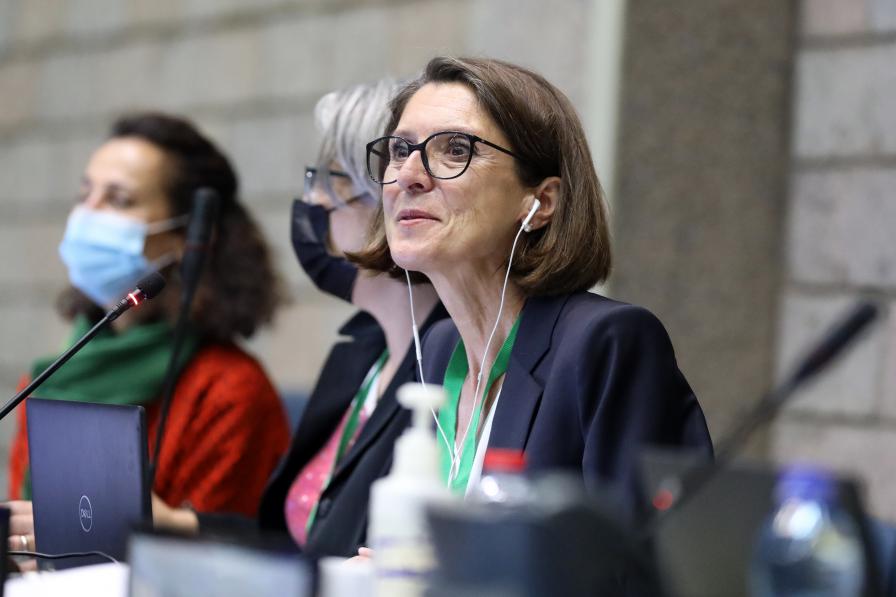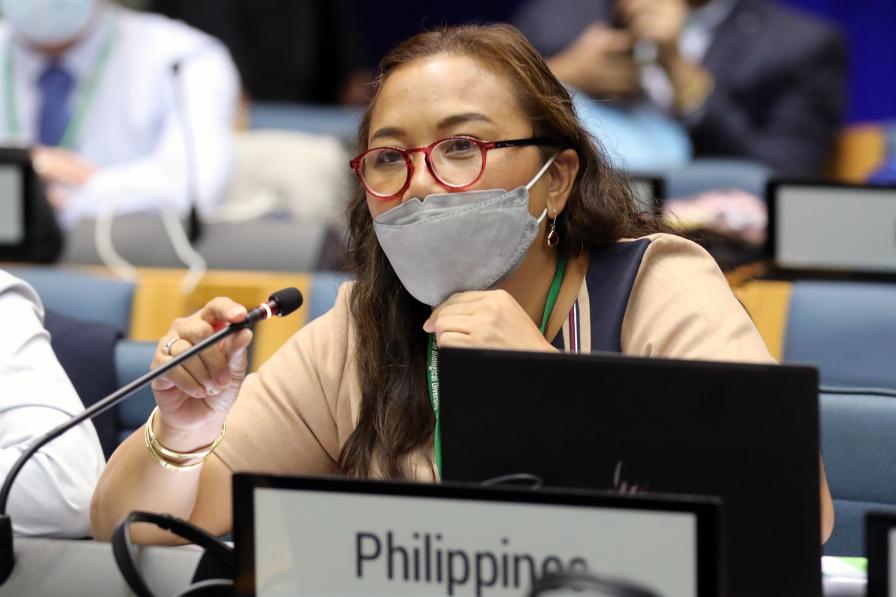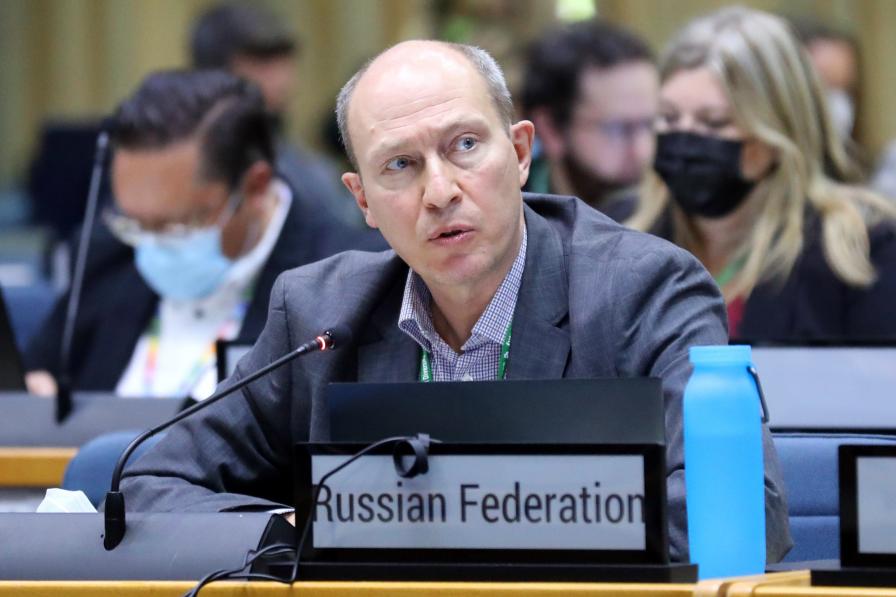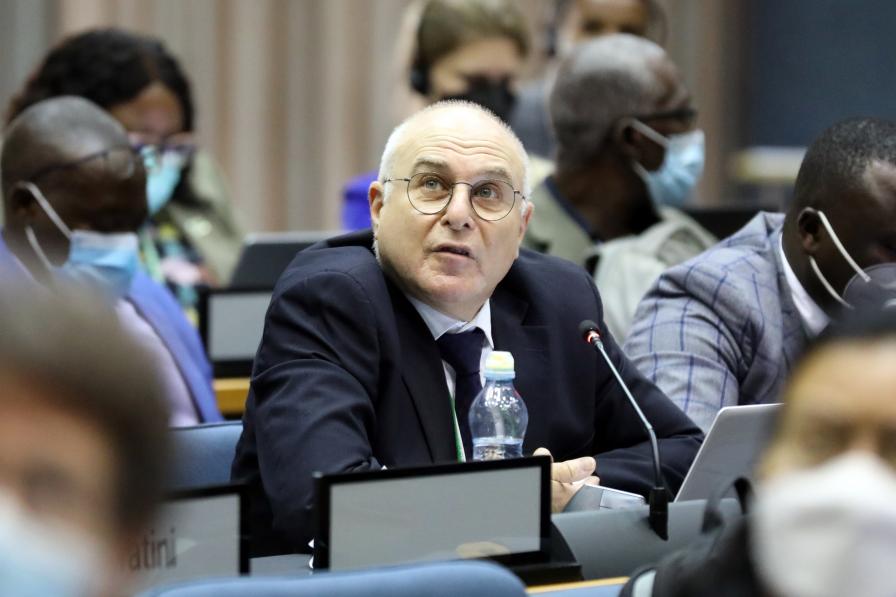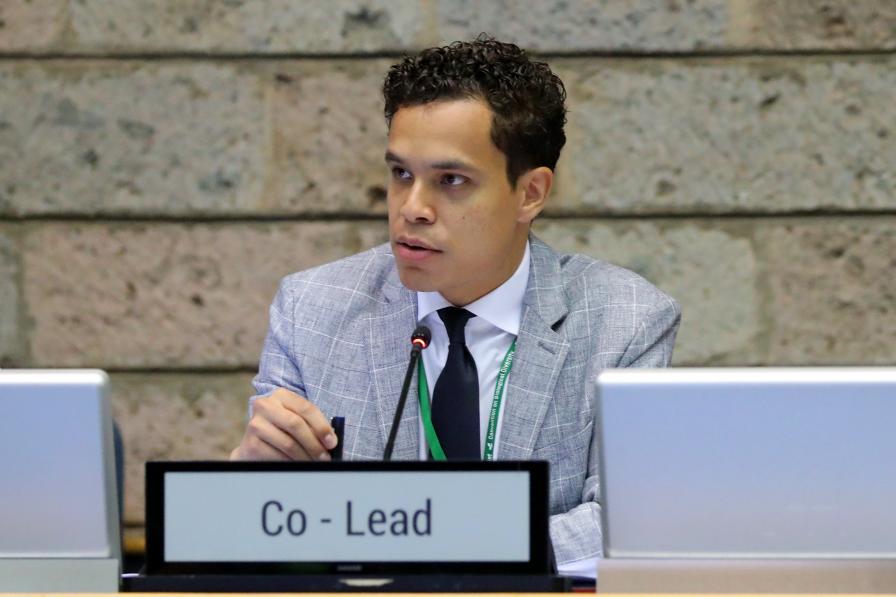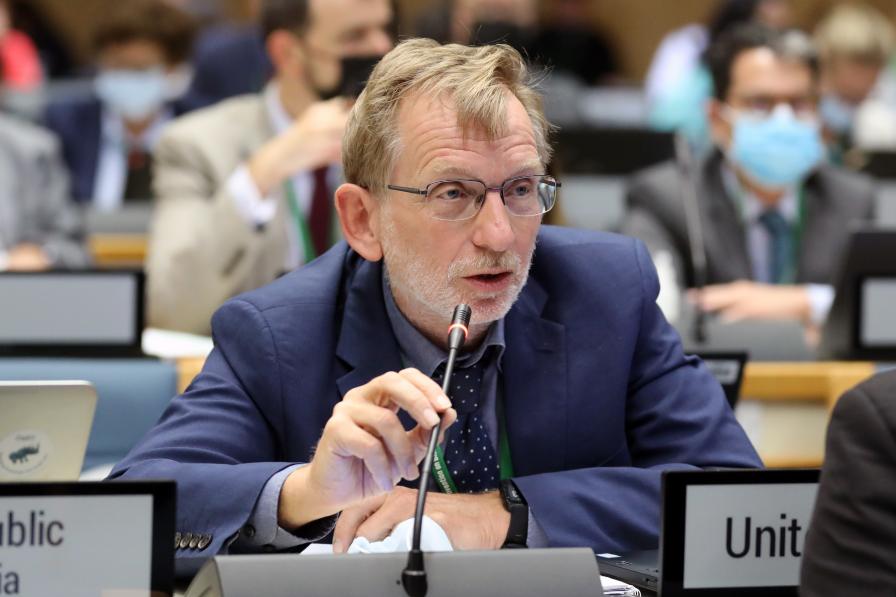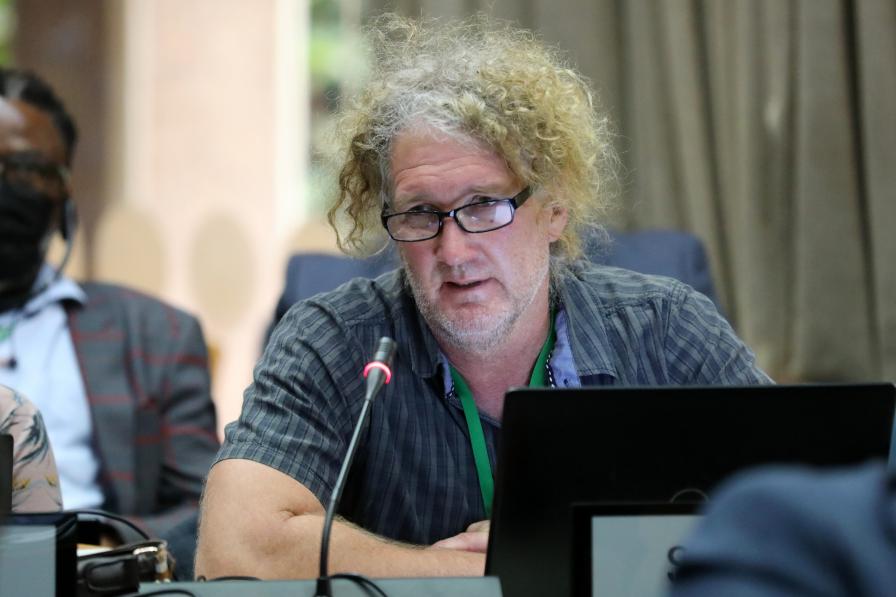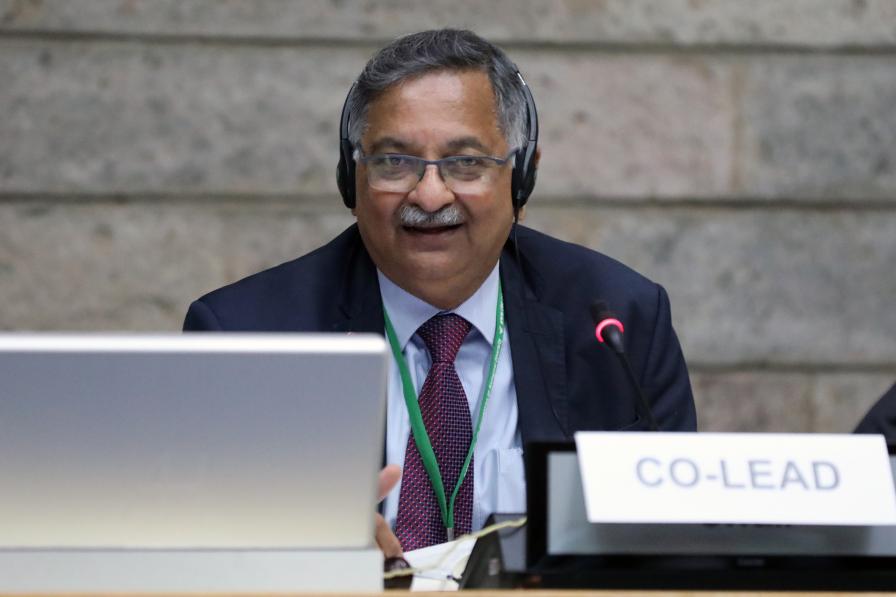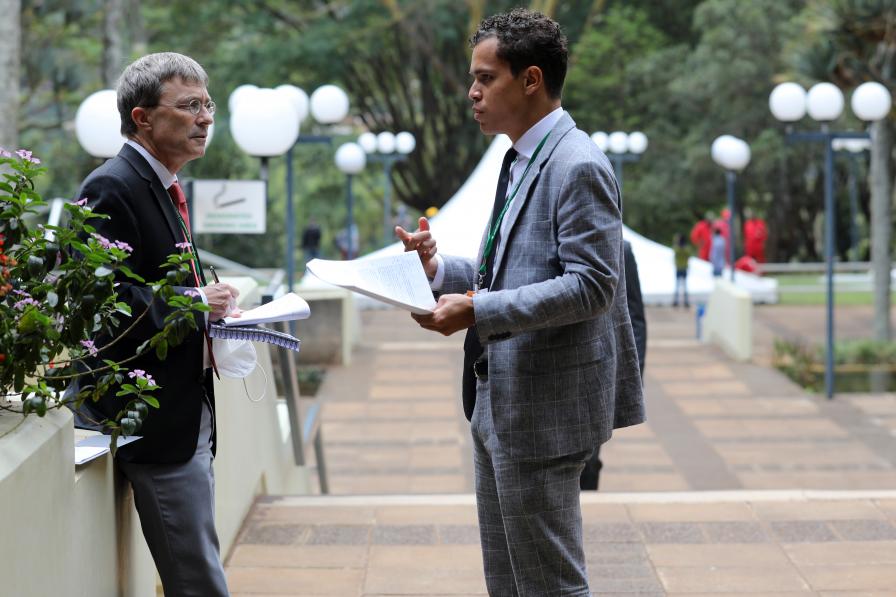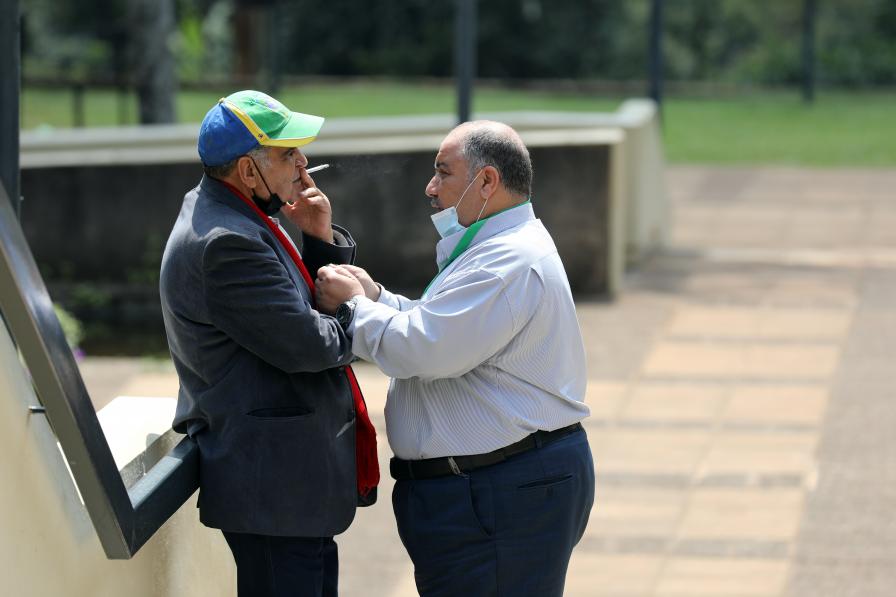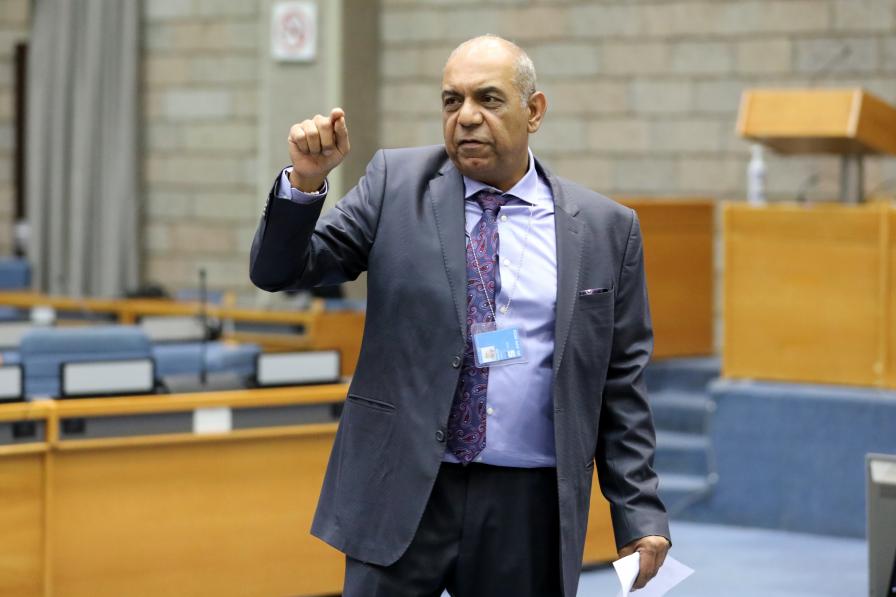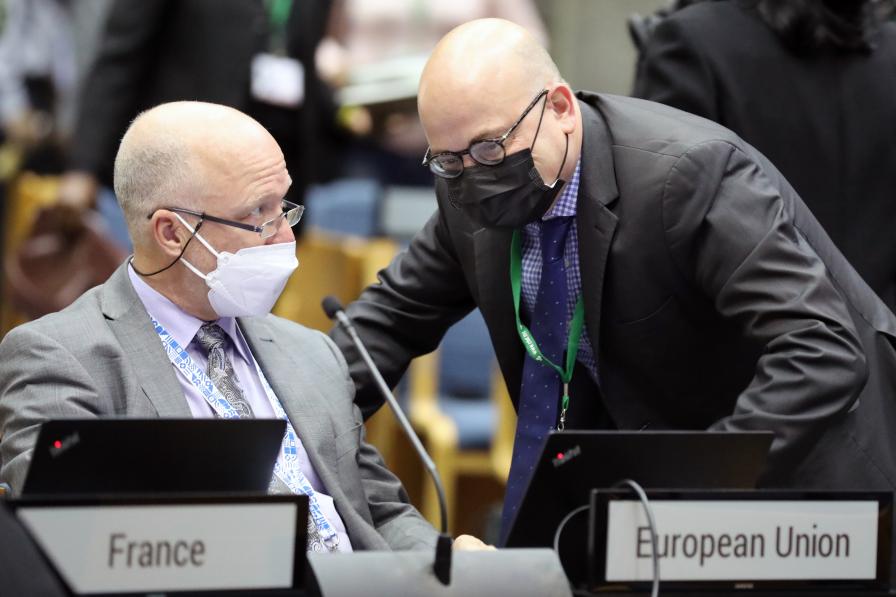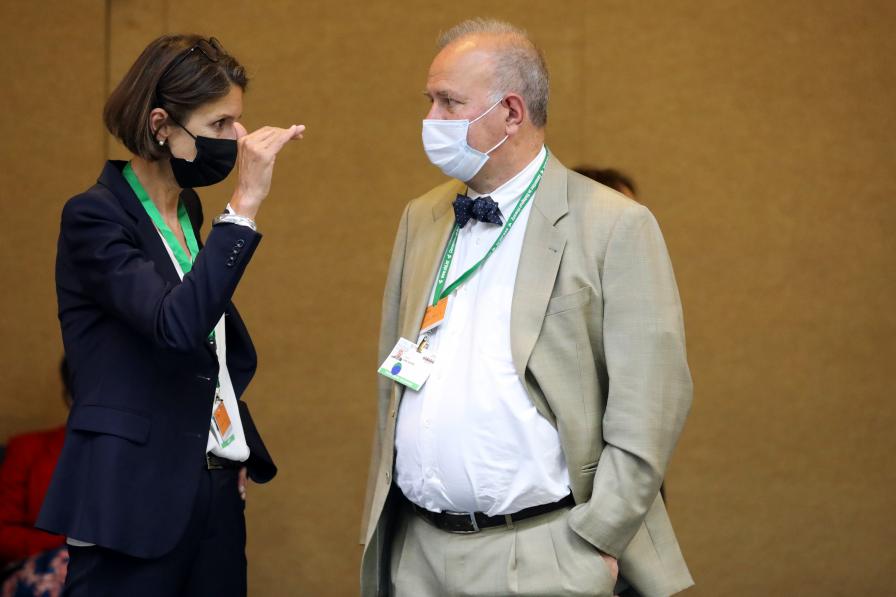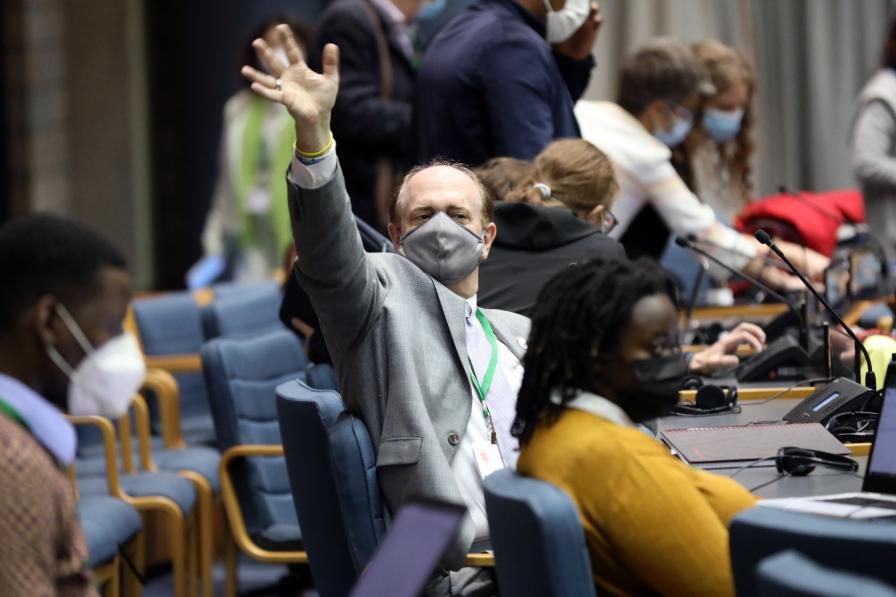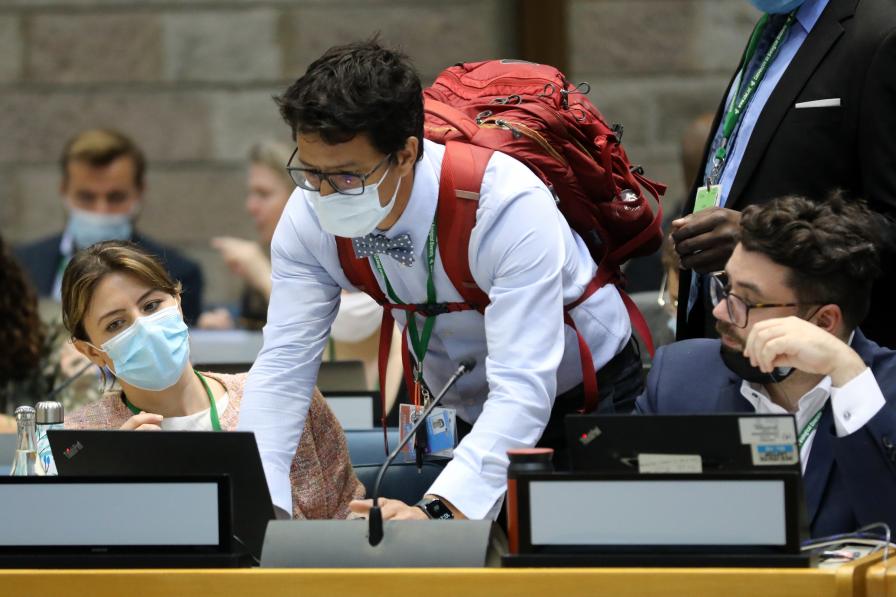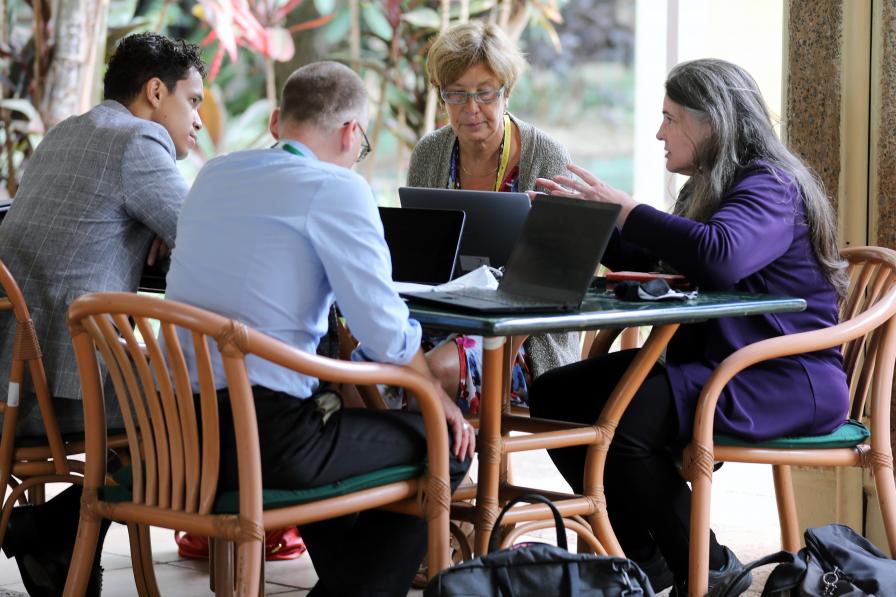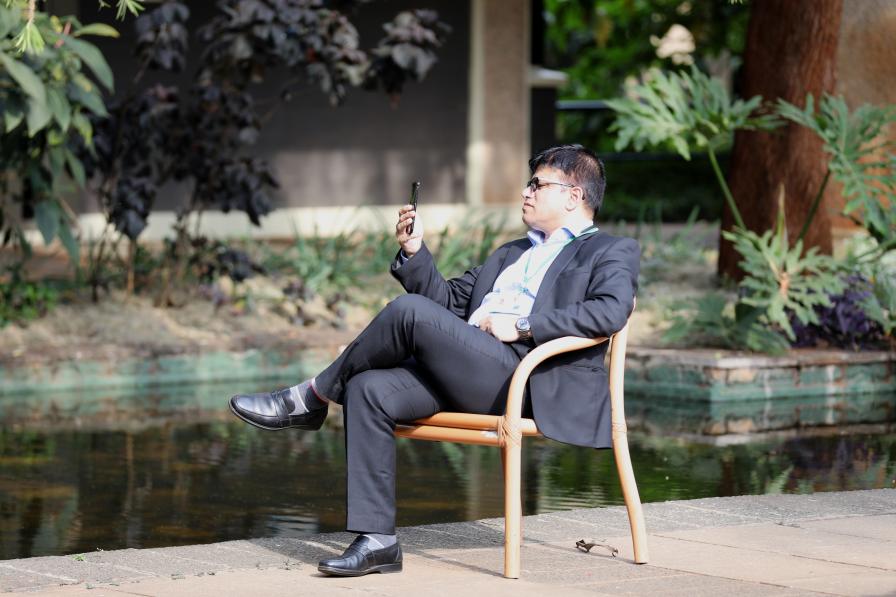Deliberations of the Working Group on the Post-2020 Global Biodiversity Framework (WG2020) reconvened to advance negotiations on the post-2020 global biodiversity framework (GBF). WG2020 met in parallel contact groups in the morning, afternoon, and evening.
Contact Group 3 on access and benefit sharing, co-led by Gillian Guthrie (Jamaica) and Gabriele Obermayr (Austria), met in the morning to address Target 13 on access and benefit sharing (ABS). Despite hard work and a courteous negotiating environment, agreement could not be reached. Contentious points include, among others, references to: biological resources; derivatives; environmentally sound uses; sharing benefits from genetic resources “in any form, including digital sequence information”; and international ABS instruments and obligations.
A Friends of the Co-Leads group, co-facilitated by Betty Kauna Schroder (Namibia) and Salima Kempenaer (Belgium), was formed to further discuss the target. The Group will meet on Thursday evening. Delegates further initiated discussions on Target 9 on ensuring the management and use of wild species are sustainable, providing social, economic, and environmental benefits for all people, especially those in vulnerable situations. Discussions will continue.
Contact Group 2 addressing targets on reducing threats to biodiversity, co-led by Teona Karchava (Georgia) and Rosemary Paterson (New Zealand), met in the morning to discuss Target 7 on reducing pollution from all sources to levels that are not harmful to biodiversity and ecosystem functions, and human health. Delegates debated on, among others, whether to include light and sound pollution and whether to retain human health with some supporting the One Health Approach. On nutrients many noted the need to address losses and excesses.
Contact Group 1 addressing goals, milestones, and principles and approaches, co-led by Vinod Mathur (India) and Norbert Baerlocher (Switzerland), met in the afternoon to discuss Goal A, which addresses the three levels of biodiversity: ecosystems, species, and genetic diversity. Delegates continued to differ on whether to include numerical values in the goal. They did managed to agree on more concise text in some areas.
Contact Group 4 on targets related to tools and solutions for implementation and mainstreaming, co-led by Anne Teller (EU) and Jorge Murillo (Colombia), began its deliberations on Target 20 on ensuring quality information and knowledge, including traditional knowledge, innovations, and practices of Indigenous Peoples and local communities (IPLCs) for effective biodiversity governance, management, and monitoring. The Group further considered: Target 21 on ensuring IPLC participation, respecting their rights over lands, territories, and resources; a new suggested Target 22 on women and youth; and a new target on determining cross-sectoral and sector-specific goals for sustainable use.
The following contact groups convened in the evening:
- Contact Group 5 on Digital Sequence Information on Genetic Resources; and
- Contact Group 6 addressing Section B bis on Principles and Approaches for implementation of the Framework.
Negotiations in Wednesday’s contact groups attracted more contention than consensus. Several delegates expressed exasperation at the slow pace with one party lamenting the number of friends of the co-leads meetings.
The false fire alarm before the afternoon sessions was a much-needed distraction to the growing discontentment, attracting banter and jokes about this being a wake-up call to delegates to respond to the global emergency of planetary crises. Nevertheless, participants continued to hold fast their positions, and as some noted continue to “split hairs” adding more text and brackets.
To receive free coverage of global environmental events delivered to your inbox, subscribe to the ENB Update newsletter.
All ENB photos are free to use with attribution. For the 4th Meeting of the Open-ended Working Group on the Post-2020 Global Biodiversity Framework, please use: Photo by IISD/ENB | Mike Muzurakis.
